Death & Taxes
It has been said that the only thing certain in life is death and taxes. With that said, there are different ways that people approach those two things. When acknowledging the threat of death we know that there are people who participate in extreme sports such as Waterfall Kayaking and Ice Climbing as well as those people who play it safe and would not consider risking life through jay walking. When it comes to taxes, there are those who openly share their tax avoidance techniques and some who avoid showing their taxes in general (#45). There are those who quickly run to the tax preparer at the start of the return season and those who neglect to file taxes at all. Each approach has a consideration and a consequence, whether it is positive or negative.
Challenging death through extreme sports will create a greater probability of not being able to buy new life insurance or possibly having your life insurance claim denied. Within the insurance industry this category of activity is called “hazardous avocations”. Those folks who may feel compelled to live on the edge or test the limits should factor the costs of living on the edge for not just themselves but their families. If insurance has already been secured, your life insurer can’t raise your rates until renewal time and can’t cancel your policy after the “contestable period”.
Most of us live life more securely within the bounds of safety. There are those who take steps to delay the inevitable through healthy living and preventative medical care. Yet, even though it is unavoidable we don’t know the exact date or time which makes planning “just in case it happens tomorrow” practical. Having an estate plan in place does not (as a person said to me this week) make something happen.
Taxes, too, are not the most pleasant reality. Yet strategic planning is the best approach. Most of us appreciate the services that are afforded us through the tax structure however we do not want to pay more than our fair share. We want to pay what the law requires. The Bible reminds us that “to whom much is given much is required”. While that may be challenged by the current federal administration I would say that there is more planning that is required for those who have more.
Tax planning needs to be strategic. The more complex your financial situation is the more strategic you need to be.
During this time of year we think about strategic giving for tax purposes. More and more people are giving to charity for altruistic reasons because they simply caring for the mission of the charity and are pleased with the tax benefit. There are more and more people who are not only giving to charity but creating a Foundation or Trust to direct the giving while leaving a lasting legacy.
While you cannot deduct your donation of professional service to a charity there are some other things that you may be able to deduct in the spirit and activity of giving.
Unreimbursed travel to do charity work may help lower taxes if you itemize deductions. Many of my friends travel both domestically and internationally to complete mission work. The deduction qualifies only if there is no significant element of personal pleasure, recreation or vacation in the travel.
For a person who has a side hustle in the entrepreneur space, there are tax benefits that need to be exploited for every advantage. Starting and growing a business is difficult, get all of the benefits that you can.
Of course, we will conclude with considering how to insure that your estate plan avoids or minimizes any taxes possible. Setting up appropriate or available Trusts or other entities may serve you well if there is a taxable estate left behind.
This is the great disclaimer. Talk to a professional to make great moves. Invest in a trusted advisor to make great things happen.


